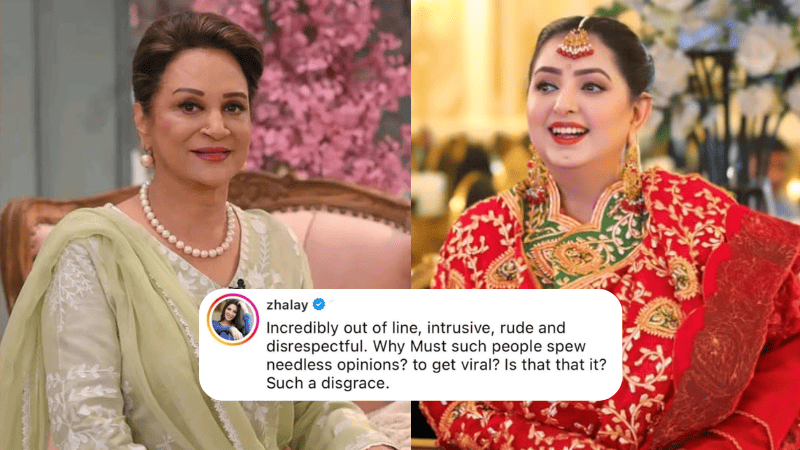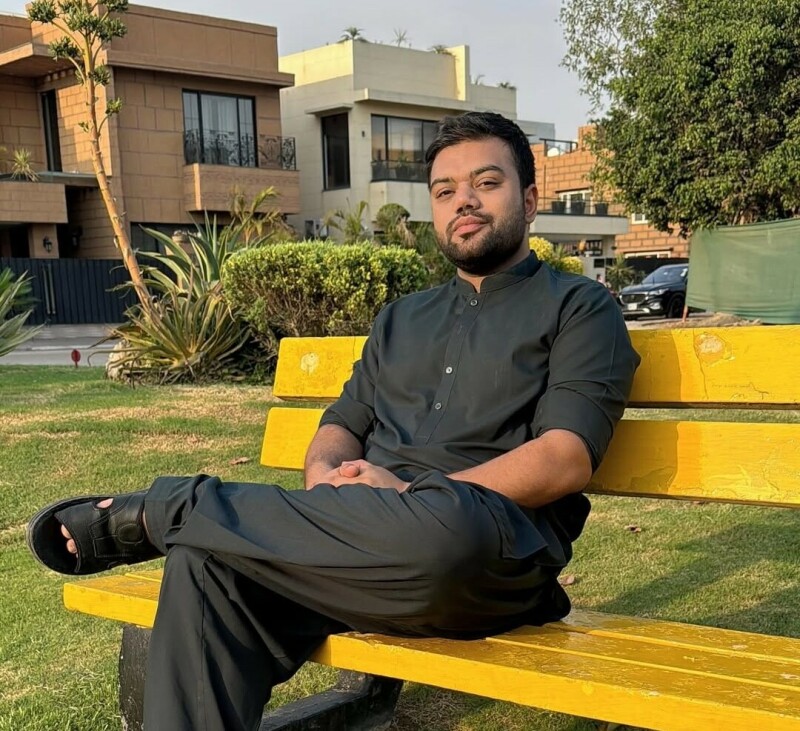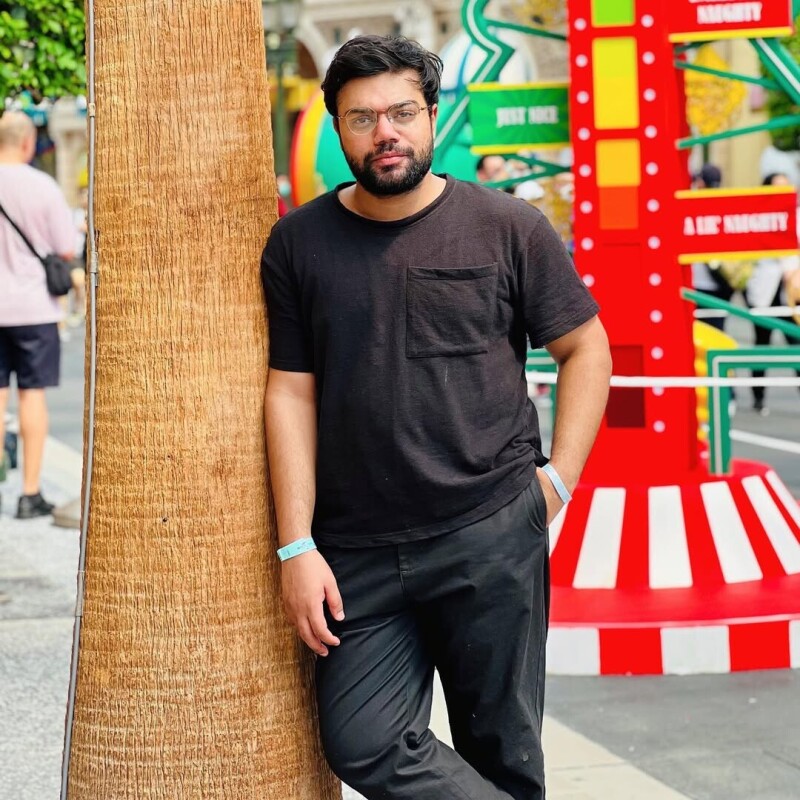Social media gives you the chance to say the most pungent things, says artist and activist Salima Hashmi
In today’s social media age, we are plagued with a sense of radicalisation. Not merely in the traditional-religious sense but rather a radicalisation of self-proclaimed morals, its identities, and that of ideas. The accommodation of other’s opinions is limited leading sometimes to censorship by the state or worse, self-censorship for the sake of social preservation.
A discussion on “Can art outwit censorship” sliced this particular theme in various dimensions at the 10th edition of the Lahore Literary Festival on Saturday, asking whether we circumnavigate censorship and if yes, how? The panelists were Turkish writer and cultural theorist Sureyya Evren, Pakistan’s celebrated artist, activist, and professor Salima Hashmi and Uzbek author, poet, and journalist Hamid Ismailov. The panel was moderated by Harris Khalique, poet, activist and secretary general of the Human Rights Commission Pakistan.
Hosting the elite of the literary world, on its tenth anniversary the LLF boasted creatives from Pakistan as well as some from across the globe. The LLF 2023 raised essential questions about society today through various discussions divided over one-hour sessions.
This particular discussion took a deep dive into types of censorship and how to circumvent them. Among writing in metaphors, a common theme of using of social media to bypass censorship emerged followed by censorship’s favourite ally — cancel culture.
The 28-year-long exiled Uzbek writer, Ismailov, explored his experience of writing The Devil’s Dance, a novel criticising the Uzbek government that has been banned in his home country. In a bid to outwit censorship, he published his book as a series of posts on Facebook. He reminisces that such was the popularity of the book that people in Uzbekistan would print the material and hand it out for reading in closed circles. He iterated, “The pleasurable thing about writing is to break taboos and explore areas which you are not allowed to go to. With social media, your ideas reach your audience.” Talking about his next published novel, he said, “It was published on Telegram Channel. You must be creative in reaching your audiences”.
Turkish author and writer Evren directed the conversation to the formidable cancel culture. In today’s age of social media and access to technology, this culture is more prevalent than ever before. He summarised what it means to be cancelled today, saying, “Cancel culture is like the traditional way of being kicked out of your tribe. Not in a good way, in a way that is very post-modern. It is very silencing.” He added, “We feel good when we cancel things”.
“Cancel culture is censorship itself embodied by a larger number of consensuses,” Khalique commented.
“Social media gives you the chance to say the most pungent things — especially TikTok. Social media aggression exists against creatives, but they have persevered,” Hashmi said in terms of visual and performing arts. “I see strong courageous work emerging today in Pakistan even from places like Waziristan, despite what the despots say. Plenty of artists are working with visual and performing arts. They are commenting and they are commenting freely,” she said.
The debate on censorship and art is an important one. Censorship is difficult in the time of social media, offering great opportunity for artists and their art to directly reach their audiences. But another monster has already allied with censorship — cancel culture. Who is cancelled and why? What are the parameters that define it? Is moral relativism acceptable? I leave you to ponder.













